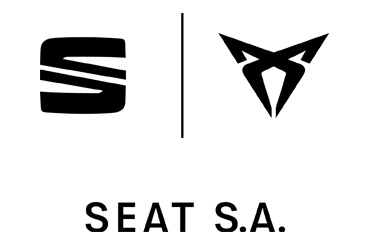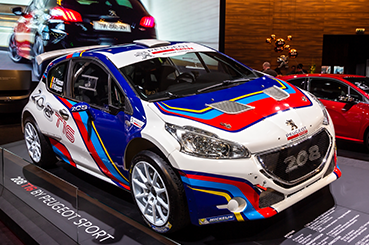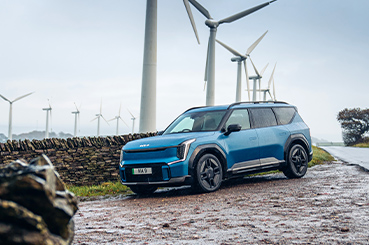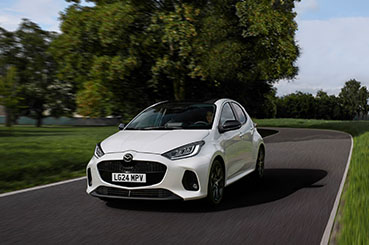In 2023, SEAT S.A. achieved its best sustainability results to date, thanks to the effectiveness of its strategic projects in environmental, social, and governance (ESG) areas.
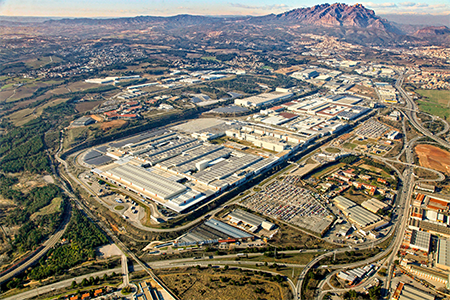
Since 2010, the company has reduced the environmental impact of its facilities in Martorell, Barcelona, and El Prat by 53% through improved production processes.
Over the past year, SEAT has also implemented wellness and diversity programs that directly benefited the entire workforce, while strengthening its governance structure.
Who Is SEAT S.A.?
SEAT S.A. is the only company in Spain that designs, develops, manufactures, and markets cars. As a member of the Volkswagen Group, the multinational is headquartered in Martorell (Barcelona) and sells vehicles under the CUPRA and SEAT brands.
SEAT S.A. exports more than 80% of its vehicles and operates in over 70 countries. With a workforce of over 14,000 professionals, the company has three production centres in Martorell, El Prat de Llobregat, and Barcelona, where it manufactures the SEAT Ibiza, SEAT Arona, Leon family, and CUPRA Formentor. Additionally, SEAT S.A. produces the CUPRA Born and SEAT Tarraco in Germany and the Ateca family in the Czech Republic.
The company is playing a pivotal role in transforming Spain into a hub for electric vehicles in Europe. Through the Future: Fast Forward project, SEAT S.A., along with the Volkswagen Group, PowerCo, and their partners, is investing 10 billion euros into the country’s electrification.
Reducing the Environmental Impact of Production
SEAT S.A. has diligently worked to minimise the environmental impact of its facilities. Starting in 2010, the company began measuring key factors to understand the real footprint of its processes and implement effective improvement programs.
SEAT S.A.’s performance in five key production process indicators, established by the Volkswagen Group, is the best in the company’s history, with the environmental impact of its centres in Martorell, Barcelona, and El Prat being reduced by more than half during this period.
Energy Consumption
Energy consumption has been reduced by 33% since 2010 through efficiency measures and organisational improvements, a focus the company continues to maintain. Since 2012, all electricity consumption has come from 100% renewable sources.
Carbon Emissions
Carbon emissions have been reduced by 69% since 2010, setting a clear path forward. In alignment with the Volkswagen Group’s decarbonisation targets, SEAT S.A. aims to achieve carbon neutrality in all its facilities by 2040 and for the entire company by 2050.
Water Consumption
Reducing water consumption has been a priority, especially considering the severe drought in Catalonia. SEAT S.A. has cut the water needed to produce a car at its facilities by 45% since 2010. The company has optimised processes and is working on future actions, including installing more efficient technologies and promoting water recirculation.
Waste Generation and Solvent Emissions
Waste generation, which is sent to treatment facilities for disposal, and solvent emissions have also been significantly reduced by 78% and 45%, respectively, since 2010.

New Projects to Further Promote Sustainability
SEAT S.A.’s commitment to sustainability focuses on continuous improvement with both short- and long-term impacts. In line with this goal, the company has recently launched significant projects such as SEAT al Sol 2. Starting in 2025, the facilities in Martorell, El Prat, and Barcelona will feature 39,000 solar panels covering an area of 233,000 square meters. These panels will generate 29 gigawatt-hours (GWh), tripling SEAT S.A.’s capacity for renewable energy self-generation.
In 2023, SEAT S.A. began installing the Volkswagen Group’s first 100% electric paint drying oven in Martorell, which has recently become operational. This highly efficient solution minimises heat loss and reduces energy consumption by 25%, resulting in annual savings of 2,500 tonnes of CO2—equivalent to the emissions of over 550 combustion cars operating for a year. This project has been funded by the European Union through Next Generation EU funds, facilitated by the Ministry of Industry, Trade, and Tourism.
People, Always at the Centre
SEAT S.A. places people at the heart of all its strategies. In 2023, the company approved a new Equality Plan that includes over 60 measures to promote and consolidate diversity and inclusion. This plan features a new protocol against sexual harassment and harassment based on sex, gender orientation, gender identity, and/or gender expression in the workplace.
In terms of health, SEAT S.A. prioritises the well-being of its workforce and that of the Volkswagen Group through services provided by CARS (Health Care and Rehabilitation Centre) and various actions outlined in the mental health plan. Last year, over 159,000 health activities were conducted, and SEAT S.A. achieved the lowest accident rate in its history for the second consecutive year.
In 2023, SEAT S.A. enhanced its leadership and innovation capabilities in sustainability through the training plan under the Future: Fast Forward project. The company offered more than 100,000 hours of training to its workforce, equipping them with the skills needed to tackle current and future challenges. As part of SEAT S.A.’s ongoing transformation, the goal is to reach 500,000 hours of training for all staff.
